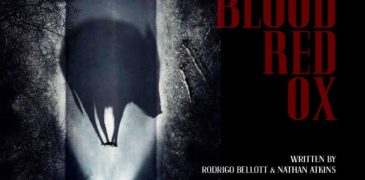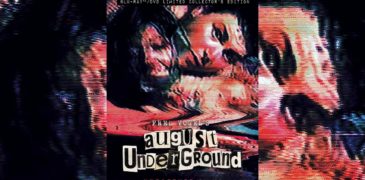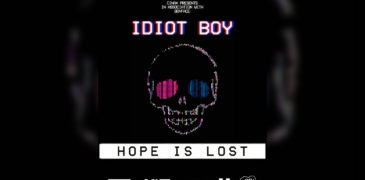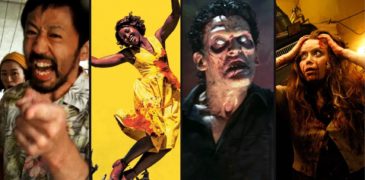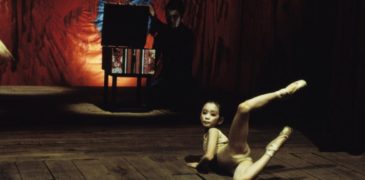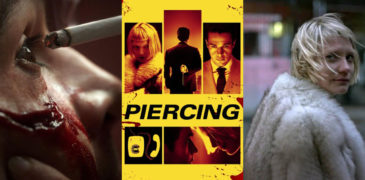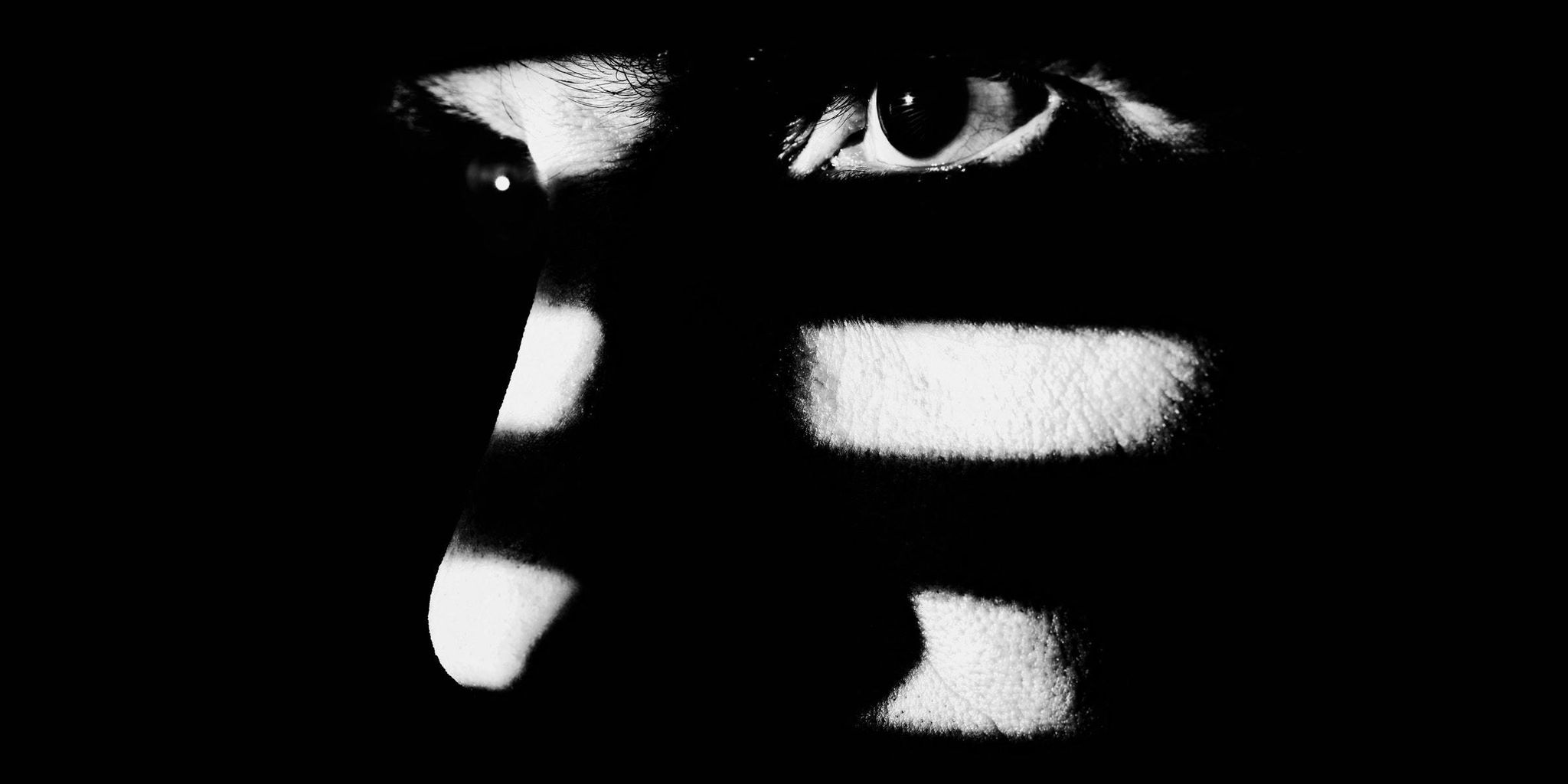
Fear, to be afraid, is obviously a cornerstone of horror. Yet what exactly it is is specific and possible to explore. At its simplest fear is the anticipation. The “unpleasant emotion” that comes from being threatened, or from a potential threat to others. Fear is what builds up before something actually happens, or after an event when you become afraid of it happening again.
No one is afraid of a jump scare. You’re surprised by a jump scare, getting a rush of adrenaline. You’re afraid as you wait for the jump scare to happen. A jump scare is being startled by what’s there when you open the door, the feeling of fear is reaching for the doorknob to open it. The worry of what MAY be there.
If anything, something actually happening is a release from fear. It can be something else equally terrible happening, and the fear can return afterwards, but fear is a distinctive and terrible anxiety. It’s something not happening that may yet come, it’s your imagination running wild and self destructive.
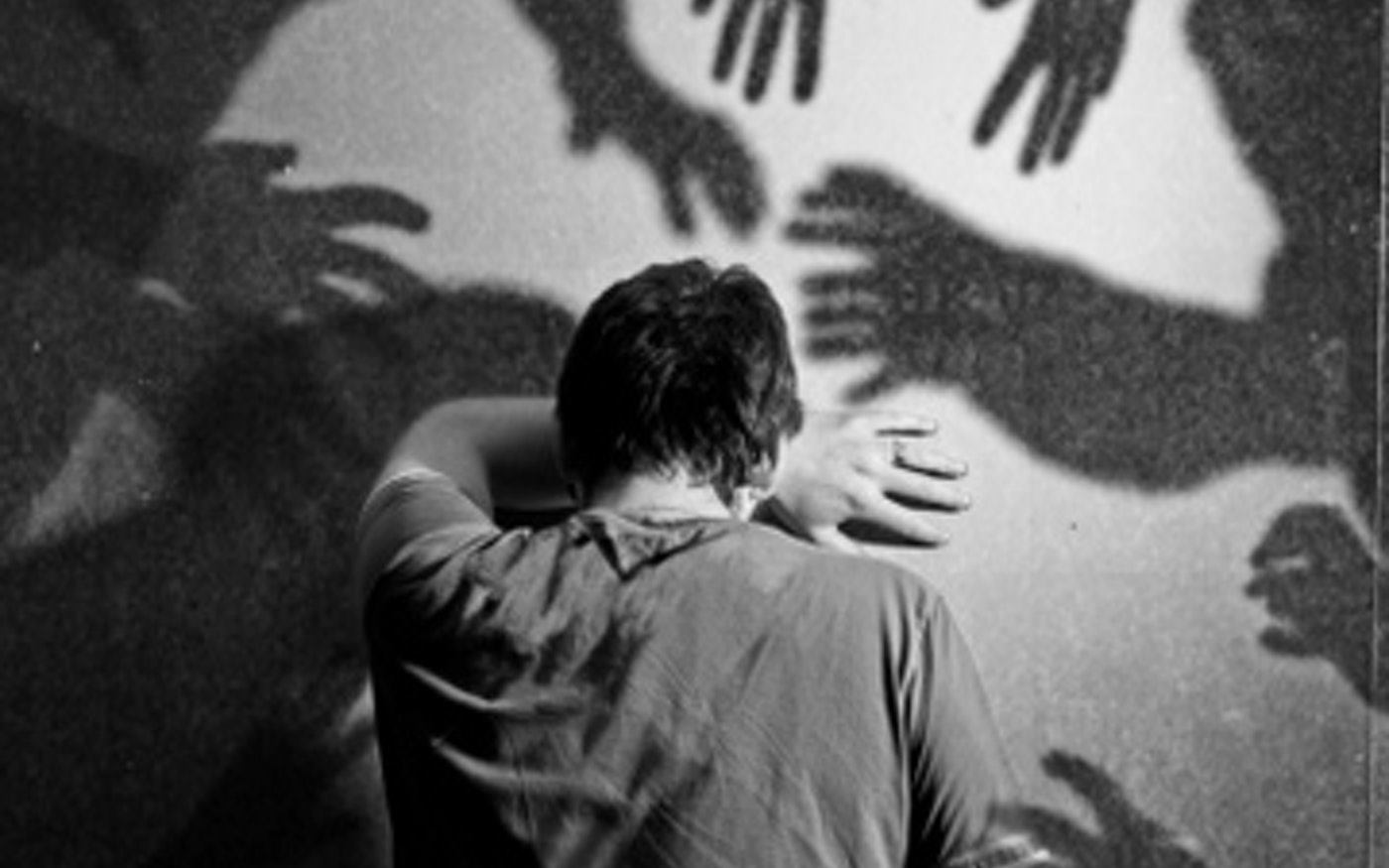
True, effective horror makes you afraid.
Afraid while you’re engaged with the media, and afraid afterwards of what may happen to you. That’s the thrill of being a horror fan, really. Horror that lingers, fear that follows you, is a rare treat provided it’s all safe and in good fun.
The article series ‘defining fear‘ is intended as a horror encyclopedia, and by doing simply what it states in the title is going to get into specifics on a per entry basis, so I’ll need to go broader here.
WHY do we fear?
At its most primal, what is this mechanism?
Well, it’s about staying alive. Pretty much every phobia is in some way going to be your lizard brain trying to keep you safe. Phobias, specifically, are an irrational fear yet you can see what this instinctive pushback is trying to achieve. To be afraid of heights and flying is irrational, after all it’s the falling that kills you, but avoiding these things diminishes the risk of hurting yourself or dying by misadventure relating to the two. To be afraid of confined spaces can be irrational, but your lizard brain has a point about how if you never go in them you cannot be trapped in one.
Quoting Stephen King’s introduction to Night Shift, as he gives his take on the roots of fear:
“Fear is the emotion that makes us blind. How many things are we afraid of? We’re afraid to turn off the lights when our hands are wet. We’re afraid to stick a knife into the toaster to get the stuck English muffin without unplugging it first. We’re afraid of what the doctor may tell us when the physical exam is over; when the airplane suddenly takes a great unearthly lurch in midair. We’re afraid that the oil may run out, that the good air will run out, the good water, the good life. When the daughter promised to be in by eleven and it’s now quarter past twelve and sleet is spatting against the window like dry sand, we sit and pretend to watch Johnny Carson and look occasionally at the mute telephone and we feel the emotion that makes us blind, the emotion that makes a stealthy ruin of the thinking process.
The infant is a fearless creature only until the first time the mother isn’t there to pop the nipple into his mount when he cries, The Toddler quickly discovers the blunt and painful truths of the slamming door, the hot burner, the fever that goes with the croup or the measles. Children learn fear quickly; they pick it up off the mother or father’s face when the parent comes into the bathroom and sees them with the bottle of pills or safety razor.”
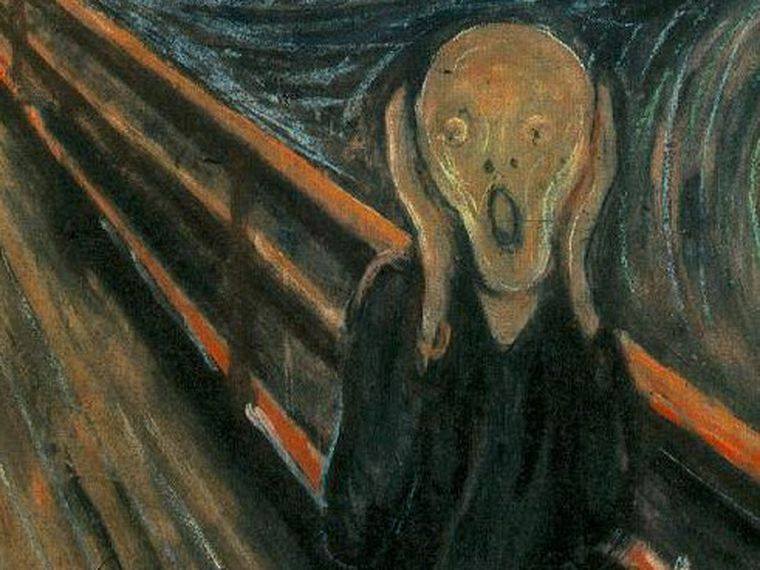
This sounding so severe, an almost animal response to keeping ourselves alive, to face it being a “rehearsal for our own deaths”… It seems strange that so much entertainment produced is trying to tap into this. Even outside of the horror genre facing fear is something we keep coming back to for fun: Fear of failure, fear of death, fear of conflict going unresolved. Fear drives people in a lot of ways and some of them curiously positive. I’ll cover why fear based media is entertaining in a future article on Catharsis.
For now though, I hope I’ve given you some food for thought on fear itself.
“So, first of all, let me assert my firm belief that the only thing we have to fear is…fear itself” – Franklin D. Rosevelt
More Reviews:
Blood-Red Ox (2021) Film Review – Bolivian & Queer, What’s Not To Like?
Blood-Red Ox (2021) is an ambitious attempt to capture the spirit of classic Italian horror cinema, and a bold step forward for the visibility of queer men in South American…
August Underground (2001) Film Review – Found Footage Filth
August Underground is a 2001 extreme found footage film, written and directed by Fred Vogel with additional writing from Allen Peters. The film was produced by TOETAG Pictures with effects…
Idiot Boy (2023) Film Review – A Town Called Malice
Idiot Boy is a 2023 shot-on-video faux documentary written and directed by Luke De Brún, with additional writing from Dan Doyle. Beginning filming in September 2018, the film was created…
30 Best Horror Comedy Films – From Classic to Cult
Fans of the horror are very much aware of the amount of subgenres that have been birthed out of the general moniker of being called horror. However, out of all…
Takashi Miike’s Box (2004) Film Review: A Brilliant Voyage Into the Murky, Uncertain Elements of the Mind
Box can be called confusing, to say the least. It is a deeply psychological drama with a sheer disturbing quality that could make it easily seen as part of the…
Piercing (2018) film review- A gory adaptation done right
Book-to-film adaptations often get a bad rap. It’s rare for them to truly satisfy the audience, and they hardly ever live up to the expectations of the fans of the…
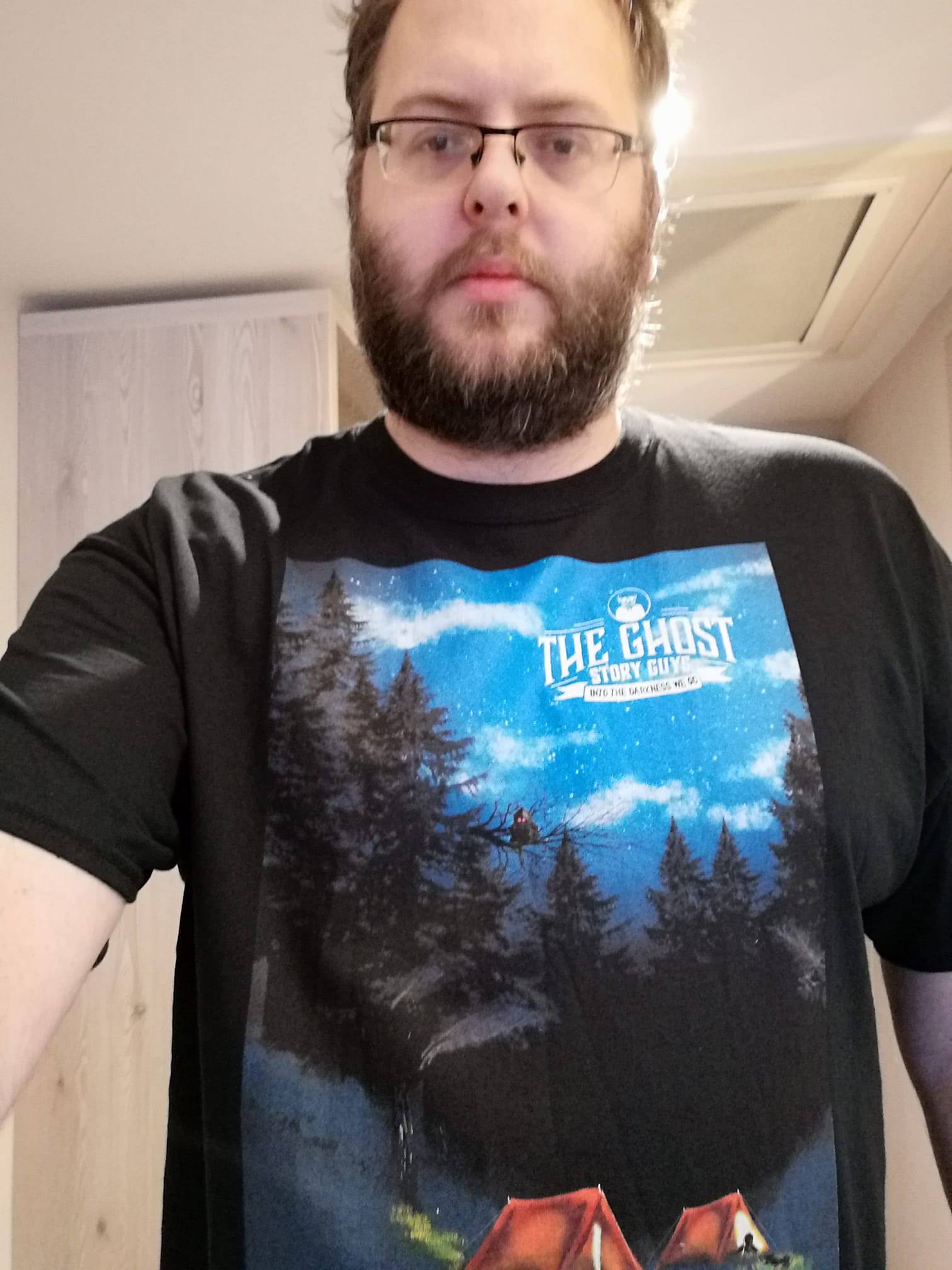
Luke Greensmith is an Editor at the Grimoire of Horror and an active folklorist as well as working in film across a few roles. While this can cover quite a wide range of things, he’s a dedicated horror fan at heart and pretty involved with horror communities both online and local to him. You can find their folklore work on the Ghost Story Guys Podcast, their own LukeLore podcast, and accompanying the artist Wanda Fraser’s Dark Arts series as well as on the Grimoire of Horror itself.
